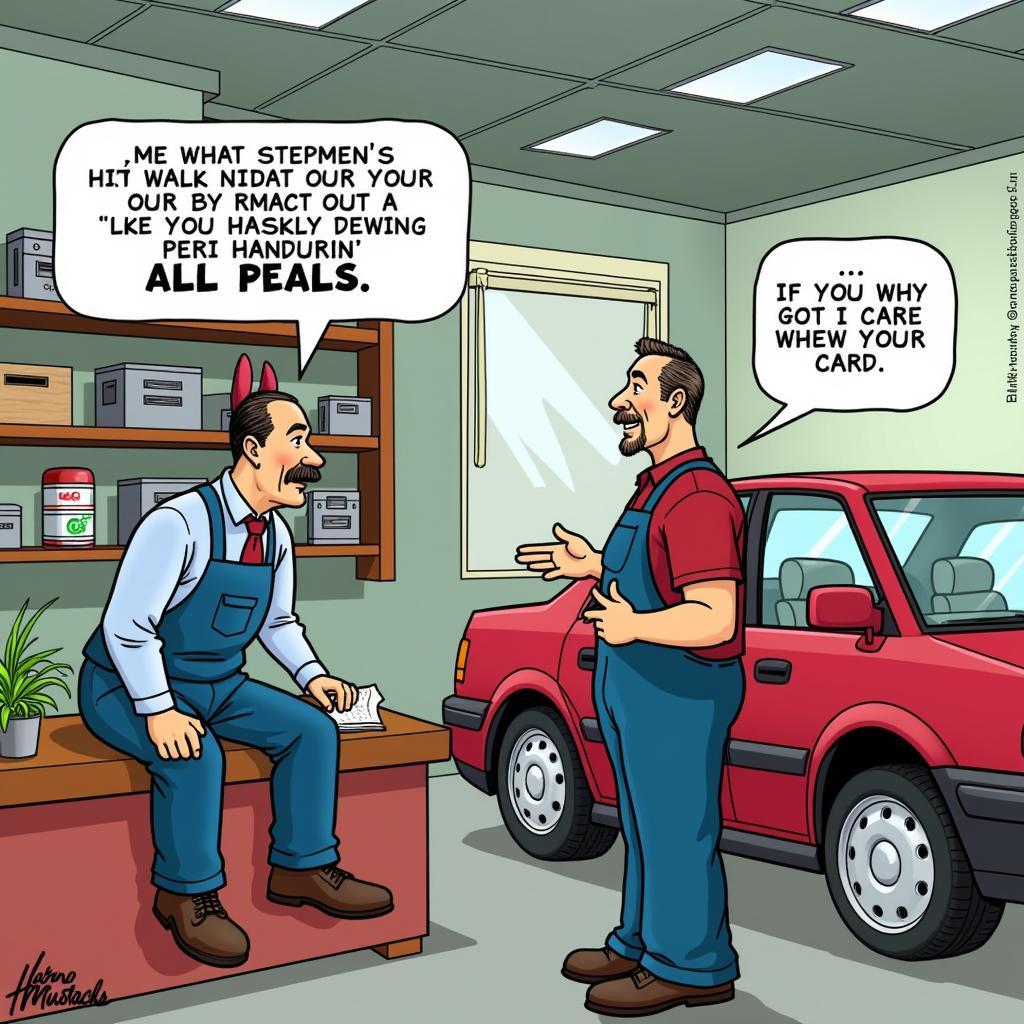The moment your car speakers start playing at low volume, it’s like a symphony has turned into a whisper. You might be tempted to crank up the volume, but that could damage your speakers further. This problem can be caused by various factors, including faulty wiring, amplifier issues, or even a damaged speaker itself.
In this guide, we’ll dive into the common culprits behind low volume in car replacement speakers and provide practical solutions to help you get your music back to its full glory.
Identifying the Cause of Low Volume: A Step-by-Step Guide
Before you start replacing components or rewiring your car audio system, let’s pinpoint the exact problem. Follow these steps to help you narrow down the cause:
1. Check the Speaker Connections
Are your speakers properly connected? A loose or disconnected wire can lead to a significant drop in volume.
- Verify Speaker Connections: Check the wiring at the back of the speaker and the connections to the stereo head unit. Ensure the wires are securely attached and there’s no visible damage.
- Inspect for Corrosion: If you live in an area with high humidity, check for corrosion on the terminals. Clean them with a wire brush and apply a small amount of dielectric grease to prevent future corrosion.
Expert Tip: “It’s crucial to check the wiring connections first as this is often the most common cause of low volume issues,” says William Smith, a certified car audio technician with over 15 years of experience.
2. Test the Amplifier
Is your amplifier functioning correctly? A faulty amplifier can also result in weak sound output.
- Amplifier Power: Make sure the amplifier is receiving power and the fuses are intact. If your amplifier has a power indicator light, check if it’s illuminated.
- Amplifier Output: Try connecting a known good speaker to the amplifier’s output. If you still get low volume, the amplifier itself might be malfunctioning.
Expert Tip: “If you hear a distorted or crackling sound, it’s a clear sign of an amplifier problem,” says Sarah Jones, a car audio expert.
3. Inspect the Speaker
Are your speakers damaged? A blown speaker cone, a broken voice coil, or internal damage can lead to poor sound quality and low volume.
- Visual Inspection: Check the speaker cone for tears or punctures. Look for any signs of physical damage or loose components.
- Resistance Test: Use a multimeter to measure the speaker’s resistance. If the resistance is significantly higher than expected, it indicates a possible fault.
Expert Tip: “If you’re unsure about testing resistance, it’s best to take your speakers to a qualified technician for a thorough inspection,” says Michael Davis, an experienced car audio specialist.
Troubleshooting Low Volume in Car Replacement Speakers
Once you’ve identified the root cause of the low volume problem, here’s what you can do:
If the issue is with the wiring:
- Reconnect Loose Wires: Carefully reconnect any loose wires and ensure a secure connection.
- Replace Damaged Wires: If the wires are frayed, broken, or corroded, replace them with new ones.
- Check Wire Routing: Make sure the wires are not pinched or kinked, which can restrict the flow of electrical current.
If the issue is with the amplifier:
- Check Amplifier Fuses: Ensure the amplifier fuses are intact and replace any blown fuses.
- Test the Amplifier’s Power Supply: Check for a stable and sufficient power supply to the amplifier. If the amplifier’s power source is weak, it can cause low volume.
- Consider Amplifier Repair or Replacement: If the amplifier is faulty, you may need to repair it or replace it with a new one.
If the issue is with the speaker:
- Replace the Speaker: If the speaker is damaged beyond repair, you’ll need to replace it with a new one.
- Upgrade Speaker Components: If you’re looking for a more powerful sound, consider upgrading to a higher-quality speaker.
FAQs (Frequently Asked Questions):
Q: What is the average lifespan of a car speaker?
A: Car speakers typically last for 5-7 years, but this can vary depending on usage and quality.
Q: Can I use a multimeter to test if a speaker is blown?
A: Yes, a multimeter can be used to measure the resistance of the speaker. If the resistance is significantly higher than expected, it indicates a possible blown speaker.
Q: What are the signs of a blown speaker?
A: A blown speaker may produce a distorted or crackling sound, or it may not produce any sound at all.
Q: Is it safe to turn up the volume on my car speakers if they’re playing at low volume?
A: No, turning up the volume on a low-volume speaker can cause further damage and potentially blow the speaker completely.
Q: Where can I find a qualified car audio technician?
A: You can find a qualified car audio technician by searching online, checking with local car audio stores, or asking for recommendations from friends or family.
Remember: If you’re not comfortable troubleshooting car audio issues on your own, it’s always best to consult a qualified professional.
Contact us today for any car audio repair or replacement needs.
Phone: +1 (641) 206-8880
Office: 500 N St Mary’s St, San Antonio, TX 78205, United States
Let your music fill the car with booming sound again!





Leave a Reply